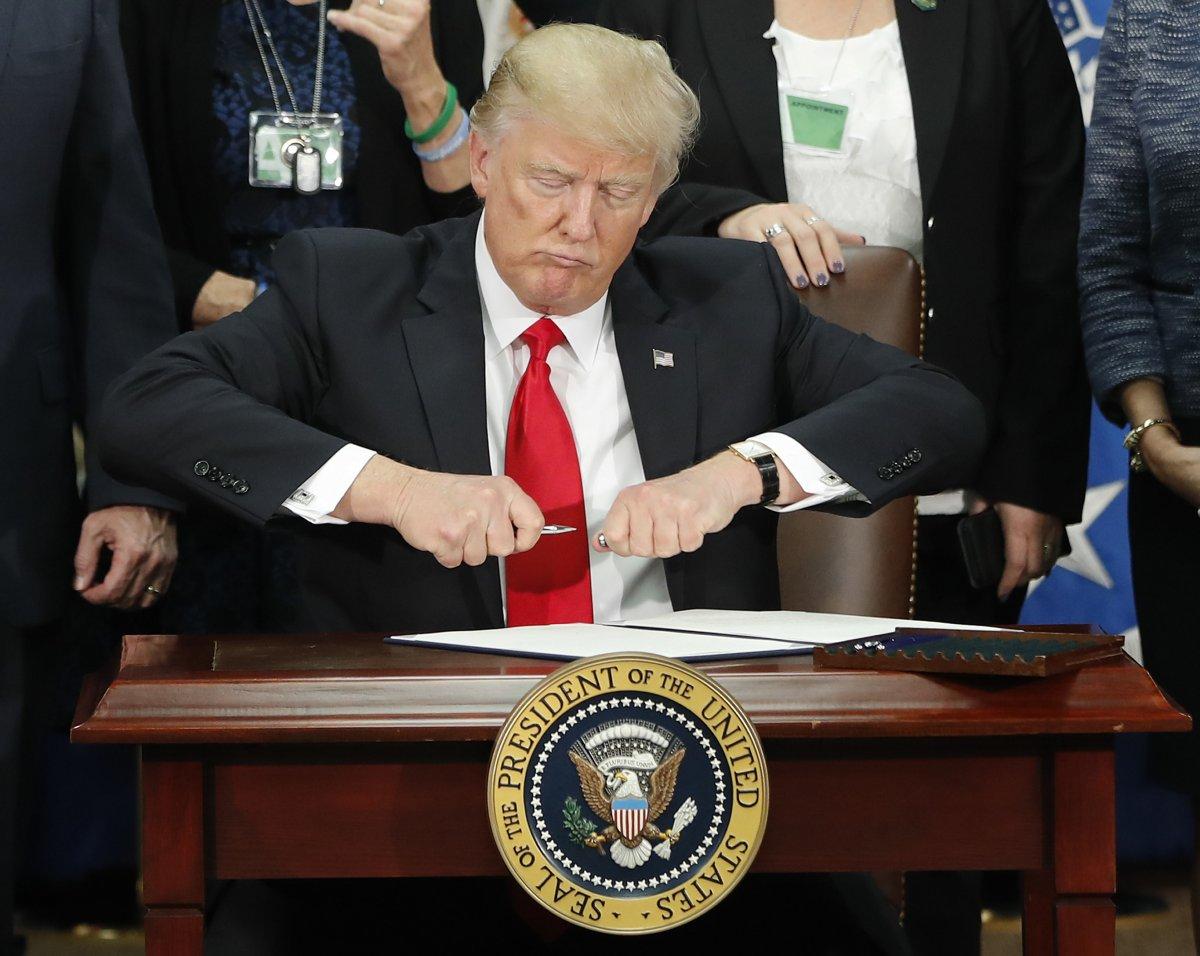Economists and politicians are speculating about the possibility of a trade war under President Trump, after he levied tariffs against imported steel and aluminum from China earlier this month, then slapped $50 billion of additional tariffs against the country for intellectual property theft on Friday.
It is generally agreed that China engages in unfair trade practices with the United States, such as selling their products at a loss to undercut American companies and copying designs of American products manufactured in partnership with Chinese companies. “When it comes to the global economic order, China is in fact a bad citizen,” wrote economist Paul Krugman in the “New York Times.” “In particular, it plays fast and loose on intellectual property, in effect ripping off technologies and ideas developed elsewhere. It also subsidizes some industries, including steel, contributing to world excess capacity.”
Trump exempted Europe, Mexico and Canada from the steel and aluminum tariffs, skirting a trade war with those countries. But those exemptions expire on May 1.
What is a trade war?
A trade war is a conflict between countries on the subject of tariffs. The most common scenario: Two countries levy tariffs or other trade barriers against each other in retribution for what they perceive to be unfair tariffs or trade practices. The goal is to improve the cost of imports or exports into a country.
What would a trade war mean for your money?
In the case of China, a massive number of products are either manufactured there or built there from parts originating in other countries. (In fact, the country is known as the “great assembler.”) Americans enjoy low prices on a wide spectrum of goods because they’re cheaper to manufacture in China. As the rise of Amazon.com has shown, Americans have come to rely on buying tons of cheap stuff online. A trade war would cause the prices of those goods to rise. Amazon aside, iPhones are a prominent product made in China.
European countries trade heavily with both the U.S. and China. Being forced to take sides could lead to other trade wars, putting the global economy at risk and causing prices of an even greater number of goods to rise. Lower exports of American goods could lead to a chain reaction of unemployment across various industries.
Contrary to President Trump’s assertions that trade wars are “good and easy to win,” economists say that is not the case. “Actually, trade wars are rarely good, and not at all easy to win — especially if you have no idea what you’re doing. And boy, do these people not know what they’re doing,” wrote Krugman in the “Times.” “The truth is that trade wars are bad, and almost everyone ends up losing economically. If anyone ‘wins,’ it will be nations that gain geopolitical influence because America is squandering its own reputation.”

















